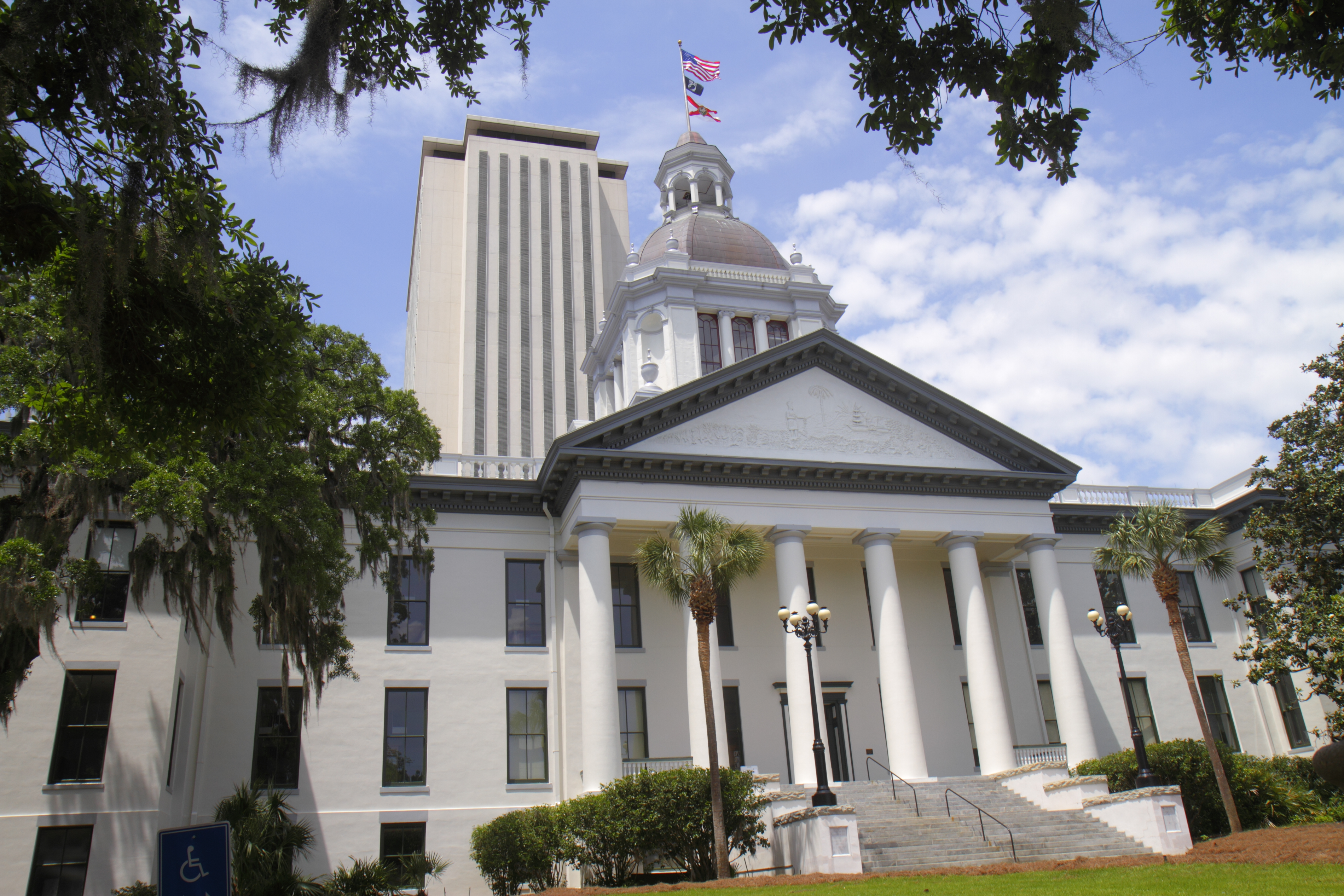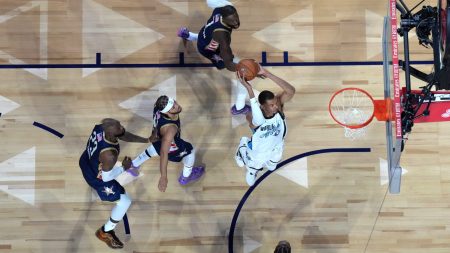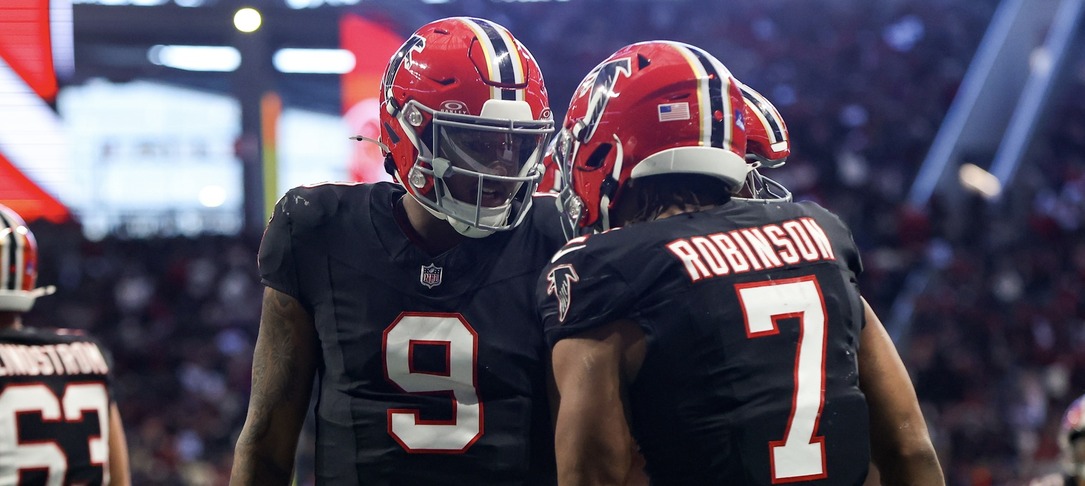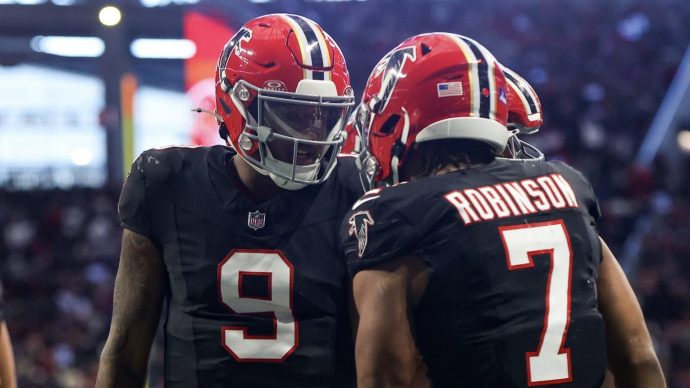Florida is expected to be a sports betting paradise, but the state’s attempt to legalize sports betting has run into a mountain of problems. Rather than dealing with mobile sports betting the way other tribal gaming states did, by licensing tribes as commercial operators, the state and the Seminole Tribe decided to renegotiate its compact.
The Seminole Tribe thought it had negotiated a new compact with Florida Gov. Ron DeSantis to put the tribe in control of mobile sports betting in the state. The compact was (technically) approved by the Department of Interior, and that’s when the trouble began. West Flagler Associates, which owns Magic City Casino in Miami, Florida, filed a lawsuit against the Seminoles.
Despite the lawsuit, the Seminole tribe launched its Hard Rock Sports betting mobile app on November 1, 2021. A month later, the mobile app was shuttered, leaving the future of sports betting in Florida now in the hands of the courts. Based on the timeline, the process will bleed into 2023 and almost certainly get appealed to the Supreme Court.
The first brief (from the Seminole Tribe) was submitted on Thursday, August 18.
We finally have opening briefs in the Florida sports betting compact appeal — nearly 9 months to the day that the appeal was first filed. Not exactly a rocket docket, but the Seminoles waste no time in misrepresenting the record below. Right out of the gate in fact.👇 pic.twitter.com/qV66e2zt9A
— . (@PrograsiveXPlus) August 18, 2022
The Outcome Boils Down to…
At the core of the dispute is a long unanswered question in the world of online gambling: Where does a bet take place? The compact says that since the servers are located on tribal lands, the bet takes place on tribal lands, which is a core component of tribal gambling under the Indian Gaming Regulatory Act (IGRA).
This is unsettled law because any of the three answers discussed below opens a can of worms that nobody wants to deal with.
And because nobody wants to deal with this, I suspect the outcome of this case will not directly answer where a bet takes place.
At The Server
If the answer is at the server, everything we’ve been told about legal, regulated online gambling has been a complete lie.
The at-the-server outcome means that online gambling is legal virtually anywhere and everywhere, so long as the servers for the site you are betting with are in a jurisdiction that has licensed the company. The bettor’s location doesn’t matter if the bet takes place at the server. The ‘virtually’ caveat is included because a jurisdiction could make gambling online illegal, as Washington State has done. That would prevent a resident from placing a bet anywhere, even with an operator licensed in a legal jurisdiction.
Online gambling would revert to what it was in the early 2000s, a Wild West (apologies for the cliché) where basically anything goes. A state could no longer restrict betting to within state lines (which raises 101 questions about how the Wire Act comes into play) because the bet from a customer in Idaho with a site in Pennsylvania takes place at the server in Pennsylvania. The bettor’s location in Idaho is inconsequential. Nor could it stop offshore sites from accepting bets from US customers.
At The Bettor’s Location
If the answer is at the bettor’s location, it will trigger a lot of state laws that require bets to take place within specific areas. For example, New Jersey requires all betting to take place in Atlantic City, which the state got around by using the grayness of the “where does a bet take place” and locating the online servers in Atlantic City.
Tribes who rely on the “on tribal lands” aspect of the IGRA to offer gambling products do not want this outcome. Many tribes across the country are likely unhappy with the Seminoles pursuing sports betting through the courts. With the server outcome unlikely (the Desert Rose Bingo case already coming down on this side), tribes would lose a significant bargaining chip.
At Both Ends
The can of worms is somewhat contained if an online bet takes place at the server and at the bettor’s location. It limits the free-for-all aspect of the “at-the-server” argument because the bettor’s location matters. However, it would bring the same issues as “at the bettor’s location” for some legal US jurisdictions. However, there is a bit more wiggle room if a state wants to make a case that it can legalize online betting even if betting is geographically limited like it is in New Jersey.
Bottom Line
Any decision on where a bet takes place causes more problems than it solves.






